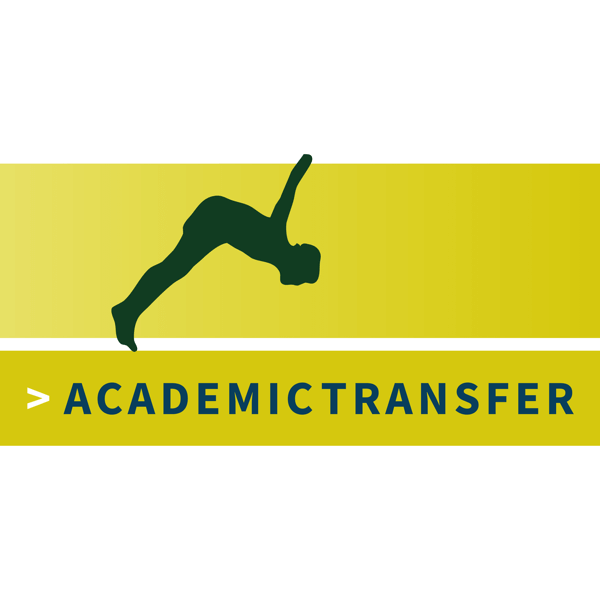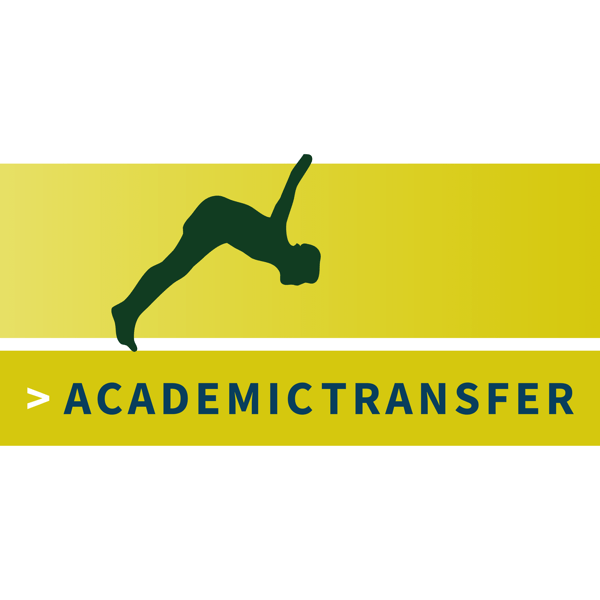
PhD Talk for AcademicTransfer – Seven best practices for Assistant Professors
This post is part of the series PhD Talk for AcademicTransfer: posts written for the Dutch academic career network AcademicTransfer, your go-to resource for all research positions in the Netherlands.
These posts are sponsored by AcademicTransfer, and tailored to those of you interested in pursuing a research position in the Netherlands.
If these posts raise your interest in working as a researcher in the Netherlands, even better – and feel free to fire away any questions you might have on this topic!
I’m continuing this series of posts for faculty members with a post on best practices for assistant professors. If you are on the tenure track, do check last month’s post with best advice on thriving on the tenure track as well.
Today, we are zooming in on Assistant Professors. If you have done a postdoc before taking on a position of an assistant professor, you may have a bit more of a transition period from doctoral candidate to faculty member. In my case, now ten years ago, I ended up doing both: I combined a full-time faculty position as assistant professor in Ecuador with a part-time postdoc in the Netherlands after my PhD.
The big change from being a doctoral candidate (and even a postdoc) to being an assistant professor is the sheer number of tasks you get thrown at you. To be able to navigate this transition and role, here are my seven best practices for assistant professors:
- Chart your workload and map your time: You know that as a new faculty member, you will be combining a lot of tasks: writing papers, doing research, writing grants for funding, supervising undergraduate and graduate students, teaching, preparing class materials, taking courses, administrative tasks, service tasks, building relationships with others in your department, developing an international network and collaborations… There is a lot that needs to be done. I recommend that you first make a list of everything you have on your plate (I recommend you organize in the categories writing, research, teaching, service, and admin). Then, roughly assign time budgets on a weekly basis (i.e. the sum of budgets should be 40-ish) to these categories. Leave buffer time and leave time for meetings as well. Based on this estimate, you can develop a weekly template for your work. Seeing your workload on a weekly template can also help you identify what you can realistically achieve.
- Compare your workload and contractual expectations: Contracts for assistant professors come in different flavors. A standard contract can be a “40-40-20”, where you are expected to do research 40% of your time, teach 40% of your time, and do service/admin/outreach in the remaining 20% of your time. These percentages vary among contracts, and it is good to revisit these percentages after a while of working, to see if the way you are spending your time aligns with your contractual requirements. Your weekly template can also give you this information at a glance.
- Think about who you are as a lecturer: Many of us start teaching in the same way as we’ve been taught in the past. It is good practice though to think about your identity as a lecturer. You may have written down your lofty ambitions in your teaching statement when you applied for the position, and then you perhaps have not given much thought to this statement afterwards. I invite you to revisit your lofty ambitions on who you are as a lecturer, what you value, how you want to teach, and draft a short and powerful teaching statement. This statement can then guide you when you make choices with regard to teaching material, course contents, and methodologies of teaching.
- Find a flow for your teaching tasks. Once you have done the necessary soul-searching on who you are as a teacher, you can get down to the practicalities. Here, I invite you to think about all the tasks that are associated with your role as a teacher: preparing class materials, teaching, replying student emails, grading, office hours,… Once you have a better idea of everything you need to do, it becomes easier to assign recurring timeslots in your weekly template to take care of these tasks. You can track the time it takes you to grade, for example, and adjust the time you assign for this task based on your measurement. The idea here is that you know exactly when you will be dealing with your various teaching-related tasks. Having a time and date for it will help you free headspace to devote to your research and writing.
- Identify your main research line: As an assistant professor, you may be continuing the research you did as a PhD candidate and postdoc. At the same time, you are expected to develop your own main research line and branch out from the work you have done in the past. It may take you a few smaller projects to identify which topic deserves your attention for many years – not just for you, but for the students you will be supervising as well. Try to keep your number of topics limited, so that you can do real progress on one topic, rather than doing thesis projects on eight different topics and not coming to any advance all together.
- Align your activities with your main research line: The struggle to find time for research and writing amidst all other tasks is real. One way to make more progress on your research (within a reasonable workweek), is to align various of your activities with the topic you are studying. You can assign various smaller tasks in the framework of your research line to the undergraduate and graduate students you are supervising. You can do a project in class that is in line with your main research line – and doing so will also require you to prepare teaching materials that reflect your research line (so that preparing class becomes the same as reading for your research as well). You generally have a lot of liberty here, so make sure you align your tasks wisely.
- Choose your service tasks wisely: The amount of administrative and service tasks that faculty are carrying is increasing. When it comes to service, you will be asked to join various committees within your department or university to improve the workings of the university. Within your research community, you will be asked to review papers, serve on technical committees, and serve as an editor for journals. You may also be asked to join national panels to improve academia or to serve as an advisor to the government. All of these opportunities are great, but your time is limited. Choose wisely, in function of your research lines and future plans for collaboration, and don’t let service crowd out all your other activities.
What have you learned on as an assistant professor? Which practices work best for you?


